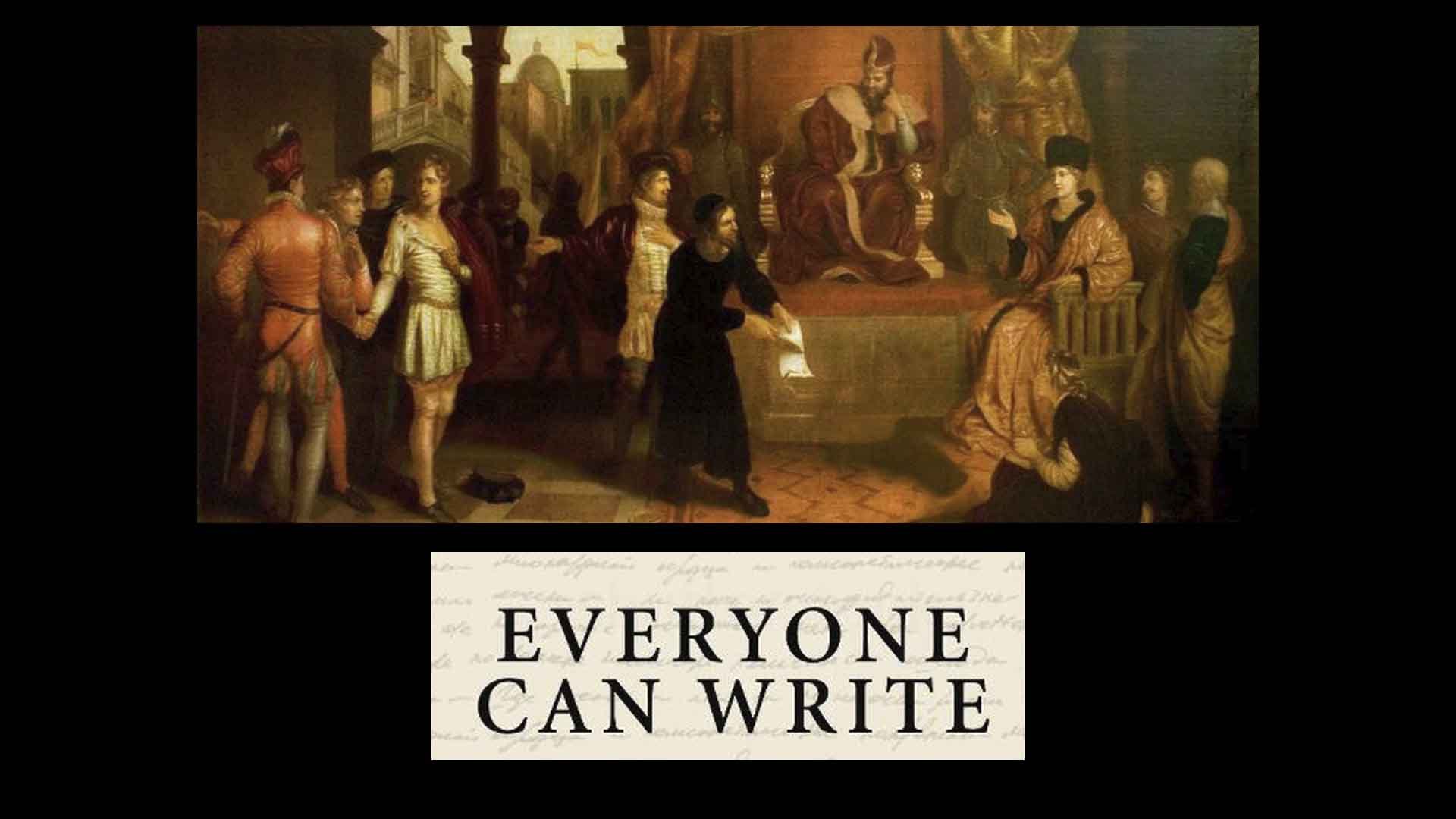For the source text click/tap here: Gittin 41
To download, click/tap here: PDF
Someone who is half-slave and half-free man (he was owned by two partners, and one of them emancipated him), he works for his master one day and for himself one day; these are the words of Beis Hillel.
Beis Shamai, however, says: You have created a solution for the master (for he does not lose out through this division), but you have not solved anything for the slave. He may not marry a slavewoman, for he is half-free. He cannot marry a free woman for he is half-slave.
If you will say that such a person should refrain from marrying, that cannot be, for the world was created for the purpose of propagation, as it is written: He did not create it to be desolate; He formed it to be inhabited. Rather, to benefit the public (this slave), we force his master to make him a free man, and the slave writes a document for his value. Beis Hillel later retracted and ruled in accordance with Beis Shamai.
We explore the mitzvah of procreation…




















